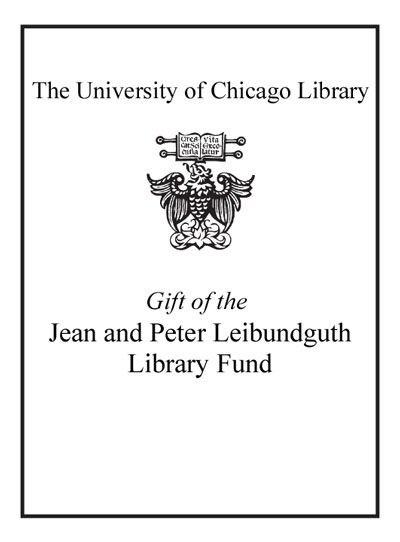Review by Choice Review
The goal of this book is to comprehend the whole of Mesoamerican civilization in its late period, especially from the 12th century to the Spanish conquest. After 2,000 years of evolving cultural complexity (Formative and Classic periods), some political units, such as the Aztec empire in central Mexico, were expanding while the Maya kingdoms to the south had dissolved into other forms. New regional polities were emerging throughout Mesoamerica in a bewildering variety of cultural traditions, languages, and economies. This book draws on world-systems theory to explain how regional expressions of Mesoamerican civilization were integrated as a dynamic system, the Mesoamerican World. The chapters describe varieties of city-states and small political units; trading networks and important trade commodities; information networks of widely shared art styles and symbols; and case studies showing how contrasting traditions fit into the Mesoamerican system. The 38 chapters written by 11 specialists active in Mesoamerican research review previous research and interpretations and present a wealth of new information from recent archaeological fieldwork, ethnohistorical data, and historic documents. Clearly written, with meticulous referencing, this is an excellent addition to library collections on civilization. ^BSumming Up: Highly recommended. Upper-division undergraduates and above. K. A. Dixon emeritus, California State University, Long Beach
Copyright American Library Association, used with permission.
Review by Choice Review


